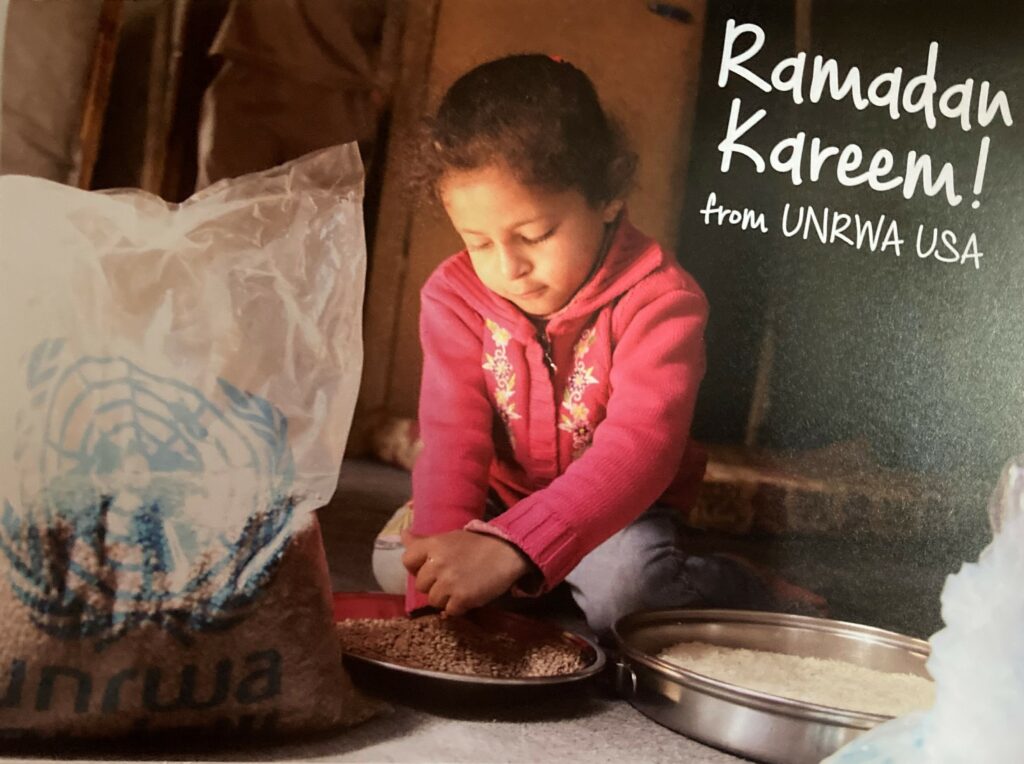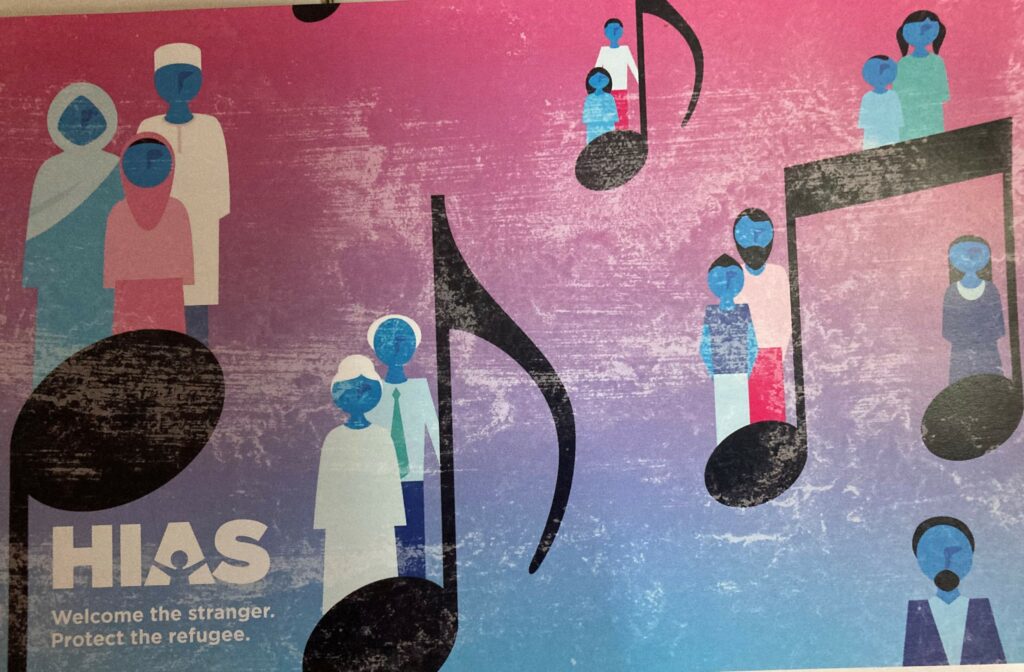Your nonprofit organization probably has donors (and volunteers, staff, and Board members) who practice different religions, or no religion. How do you recognize and appreciate them all?
As I write this on April 11, 2022, we are in the middle of the month of Ramadan, for Muslims. We are four days out from Pesach (Passover), for Jews. Easter is celebrated this coming weekend by most Christians in the West, although Orthodox Easter is a week later, on April 24.
A month ago, we passed through the vernal equinox (sacred to Wiccans and followers of other pagan religions). Major Buddhist holidays are still ahead.
How can your nonprofit say, “We see you, and we value you” to supporters from all religions?
Ways to welcome people from different religions
You have several options when it comes to religious holidays. None is perfect, but some are better than others.
Ignore religious holidays
If interfaith understanding is not part of your nonprofit’s mission, you could choose to go secular. Strip out the mention of any religion or its holidays from your communications.
The advantage of this approach is that it’s apparently neutral. The disadvantage is that in a society where Christian culture is assumed, a secular approach is not neutral at all. If you have an event with food during this time, for instance, Muslims will not be able to eat any of it until after the sun goes down, and observant Jews will have to avoid bread, cake, pasta, or anything that might have leavened ingredients.
Plus, as we’ve seen in December, a certain number of Christians will view the non-mention of their holidays (Christmas or Easter) as erasing them. So, I do not recommend this approach. Ignorance is not bliss.
Acknowledge them
When you’re creating your communications calendar, make a note of the holidays that occur each month. In your newsletter or on your social media feed, make mention of them and say, “To all those who celebrate these holidays, we send good wishes.”
I used to do this in the staff newsletter at the agency where I worked, and it was mostly appreciated. When I missed a holiday, however, I had to apologize humbly and sincerely, make up for it, and learnt to do better. (And this is not just about religious holidays. When I failed to mention National Hispanic Heritage Month, one staff member was incredulous. “It’s been a holiday since 1968!”)
Mere acknowledgment can sometimes feel tokenizing, however. Having blue-and-white decorations along with red-and-green doesn’t change the fact that a party in the third week of December is a Christmas party.
And in your communications, you don’t want to make mistakes that say you’ve never met a Jew, like having matzah and a shofar in your Chanukah greetings. (They’re for Passover and Rosh Hashanah, respectively.) You may not be marketing products like the ones featured on Hanukkah Fails, but you are speaking for your nonprofit. You really don’t want to send the message, “All your piddly little holidays look the same to us!”
Make religious holidays into learning opportunities
I think the best thing a nonprofit can do for all its constituents is to make religious holidays (and other cultural events like Nowruz) into learning opportunities. Here are some questions you can find out more about:
- When exactly does this holiday occur? Is it a one-day holiday (and if so, when does the “day” begin)? Or is it a week, or a month?
- What does this holiday mean to people who observe it? Does it mean different things to different practitioners of the religion?
- What are some of the customs associated with this holiday, and do people from different countries have different customs associated with it?
- How will this holiday affect people’s ability to work, or attend Board meetings or community events?
- What are some appropriate greetings for this holiday? What would be odd to say then? (“Happy Yom Kippur” doesn’t quite work. Nor does “Merry Losar.”)
If you are a member of the majority culture in the U.S., whether or not you go to church, you may not realize how often people in religious minorities feel foreign. To get a sense of what it would be like if the majority were Jewish and Christians were a misunderstood minority, follow the satirical @JewWhoHasItAll and the explanations on @JWhoKnowsItAll on Twitter.
Learning about others’ religion is a matter of diversity, equity, and inclusion. It’s also basic respect. You do not have to believe a single thing that Baha’is or Shintoists believe in order to say to them (as well as Christians, Muslims, Jews, pagans, and Buddhists), “You belong here.”





